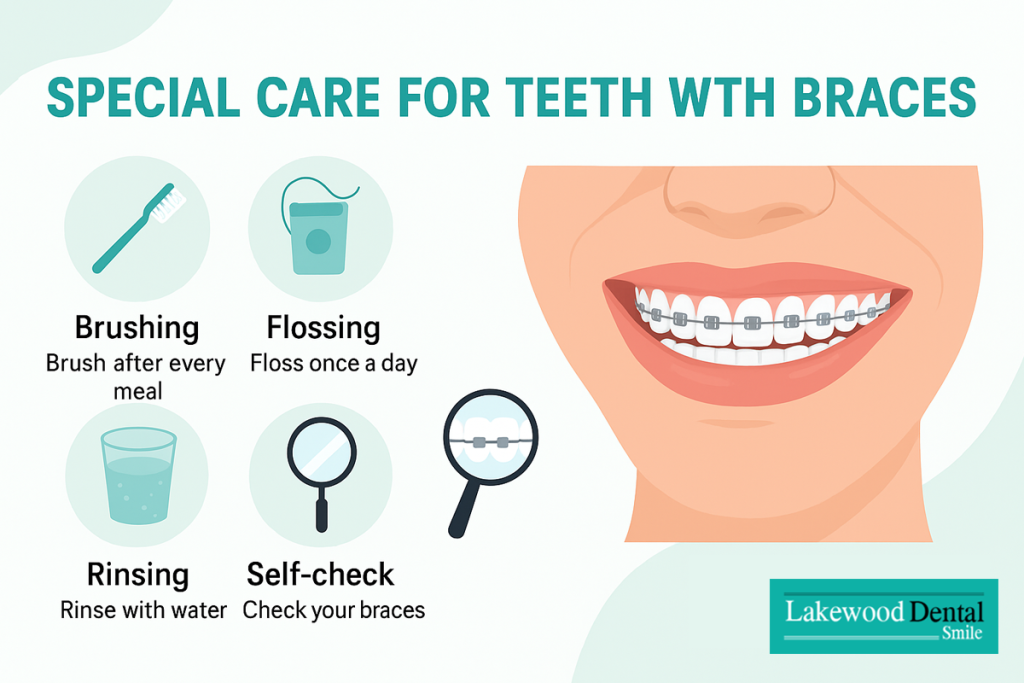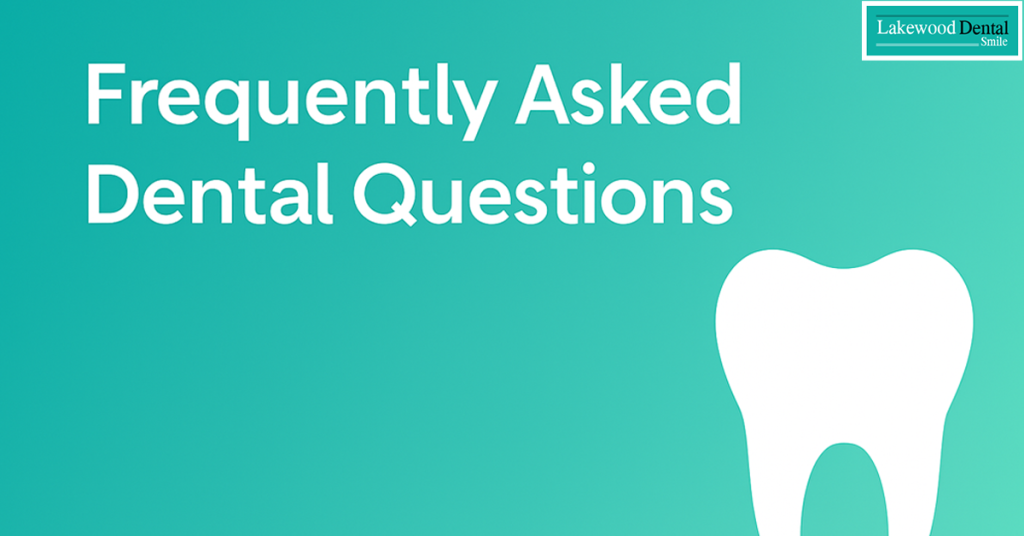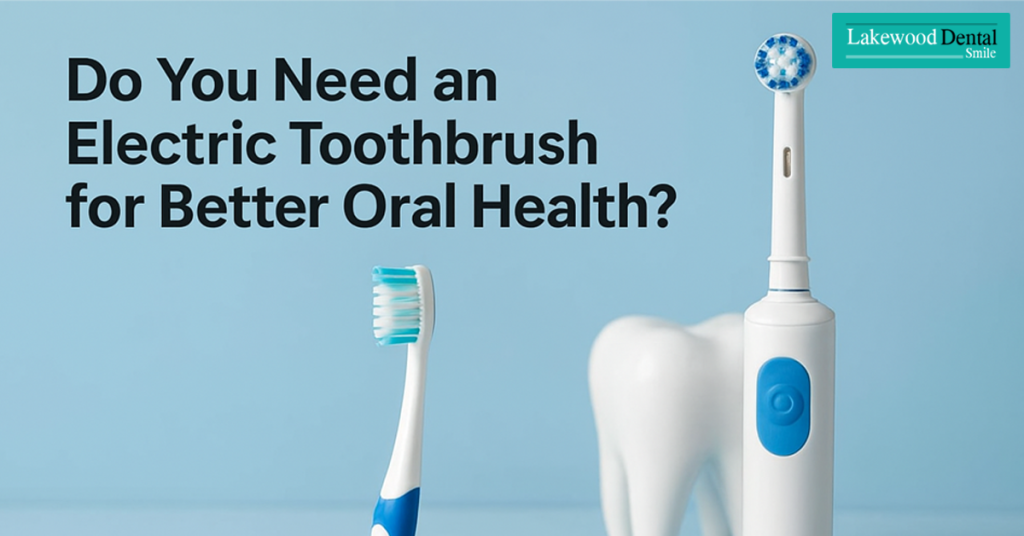
Braces care tips are crucial for anyone undergoing orthodontic treatment. Braces not only straighten teeth and correct bite issues but also improve overall oral health. However, wearing braces requires special attention to maintain hygiene, prevent cavities, and avoid damage to the appliance. By following these braces care tips, you can keep your teeth healthy and your treatment on track.
Why Oral Hygiene Matters with Braces
Food and plaque can easily get trapped in the tiny spaces around brackets and wires, leading to tooth decay, gum problems, or enamel stains. In some cases, food particles can react with mouth bacteria and the metal in braces, creating permanent white spots on the teeth. Good oral hygiene is key to preventing these issues.
Maintaining proper oral hygiene with braces often feels challenging at first, especially because brackets and wires create many small areas where debris can hide. This is why following consistent braces care tips becomes even more important during orthodontic treatment. When plaque remains around brackets, it can lead to swollen gums, bad breath, or enamel discoloration that becomes noticeable once the braces are removed. Taking a few extra minutes each day to clean thoroughly helps protect both your teeth and the appliance. With the right habits, you can keep your treatment progressing smoothly and avoid unnecessary complications.
By following these braces care tips, you can keep your teeth healthy and your treatment on track.s for Braces
1. Maintain Proper Brushing Routine
Brush after every meal using a soft-bristled toothbrush and fluoride toothpaste. Focus on brackets, wires, and gumlines to remove food particles and plaque. Electric toothbrushes can also help clean more efficiently especially around hard-to-reach areas.
2. Floss Daily
Flossing with braces is essential. Use a floss threader or orthodontic floss to clean between teeth and under wires. Daily flossing reduces the risk of cavities and gum disease while keeping your smile fresh.
3. Rinse and Self-Check
If brushing isn’t possible, rinse your mouth thoroughly with water after meals to remove debris. Always check in the mirror to ensure no food is trapped around your braces. This helps prevent staining and enamel damage.
4. Manage Discomfort
Braces can cause soreness, especially after adjustments. Eat soft foods and take mild pain relievers like acetaminophen if needed. Apply orthodontic wax to wires or brackets that rub against your lips or cheeks for relief.
5. Avoid Harmful Foods
Certain foods can damage braces or make cleaning difficult. Avoid:
- Sugary and starchy foods (candies, soda)
- Sticky or chewy foods (gum, caramel, toffee)
- Hard foods (ice, nuts, popcorn, hard candies)
- Whole crunchy foods (cut carrots, apples into small pieces)
6. Regular Orthodontic Visits
Most patients need adjustments every 4–8 weeks. These visits allow your orthodontist to tighten wires, monitor progress, and fix any issues. Regular checkups ensure your braces work effectively and safely.
7. FAQs for Braces Care
- Can I whiten my teeth while wearing braces?
Wait until braces are removed, as whitening cannot reach under brackets. - What to do if a wire breaks or a bracket loosens?
Call your orthodontist immediately. Use orthodontic wax to cover sharp edges temporarily. - Can I play sports with braces?
Yes, but wear a mouthguard to protect your teeth and braces. - Do braces affect speech?
Minor speech changes may occur initially but improve within days to weeks.
Conclusion
Following these braces care tips ensures your orthodontic treatment is effective and your teeth remain healthy. Proper brushing, flossing, rinsing, and avoiding harmful foods are essential. Combined with regular orthodontic visits, these tips can help you achieve a straight, beautiful smile safely.
📍 Visit Lakewood Dental Smile in Dearborn, Michigan for expert guidance on braces care tips and personalized oral hygiene plans.




